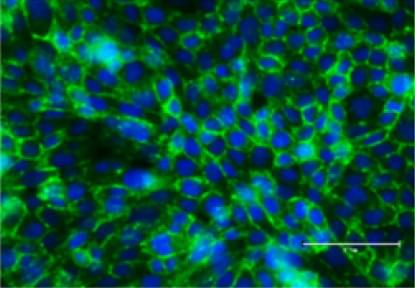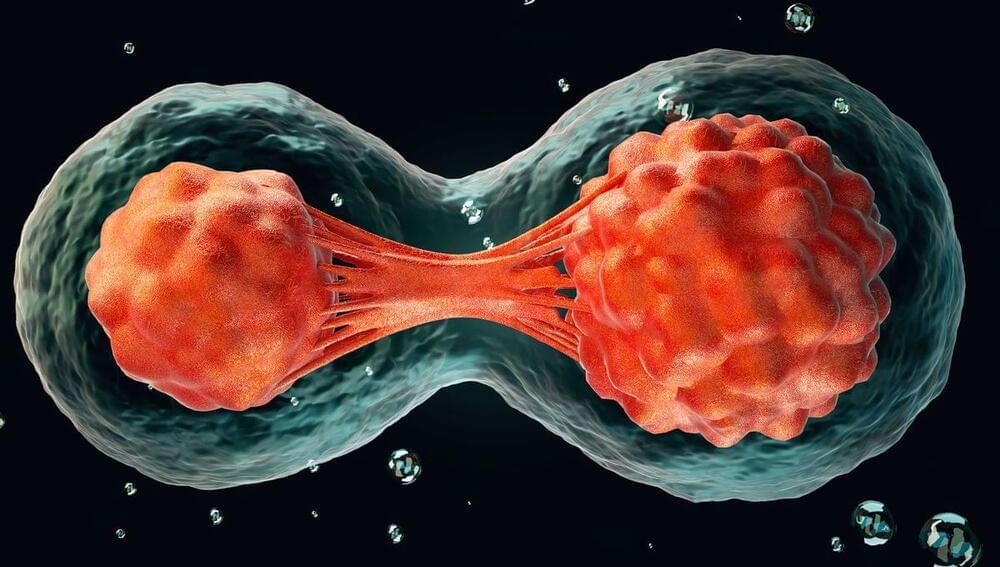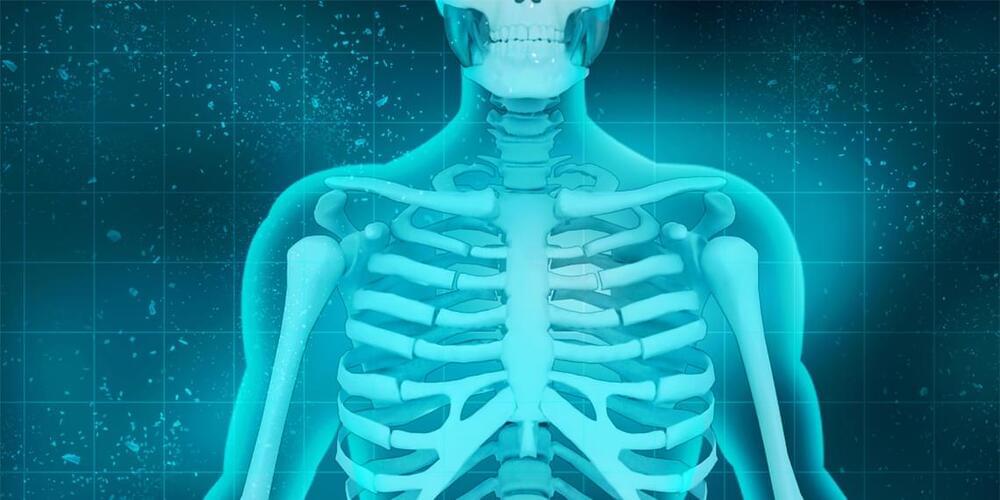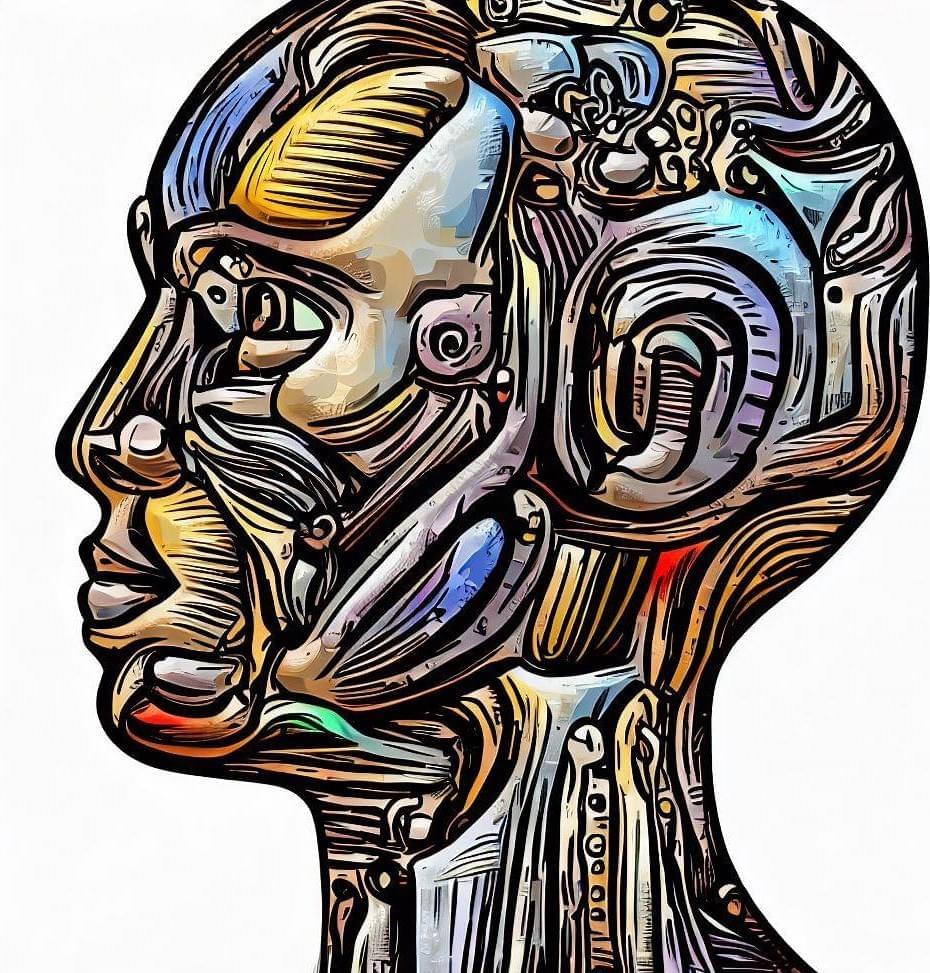Scientists from the HIV Cure Center at the UNC School of Medicine, University of California San Diego, Emory University, and University of Pennsylvania have been searching for where exactly these latent cells are hiding in the body. New research published in the Journal of Clinical Investigations confirms that microglial cells – which are specialized immune cells with a decade-long lifespan in the brain – can serve as a stable viral reservoir for latent HIV.
Yuyang Tang, PhD, and Guochun Jiang, PhD, in the UNC School of Medicine extracted living brain tissue to conclude that specialized immune cells in the brain can harbor latent but replication-competent HIV.
As a part of its life cycle, the human immunodeficiency virus-1 (HIV) inserts a copy of its DNA into human immune cells. Some of these newly infected immune cells can then transition into a dormant, latent state for a long period of time, which is referred to as HIV latency.
Although current therapies, such current antiretroviral therapy (ART), can successfully block the virus from replicating further, it cannot eradicate latent HIV. If treatment is ever discontinued, the virus can rebound from latency and reignite the progression of HIV infection to AIDS.







